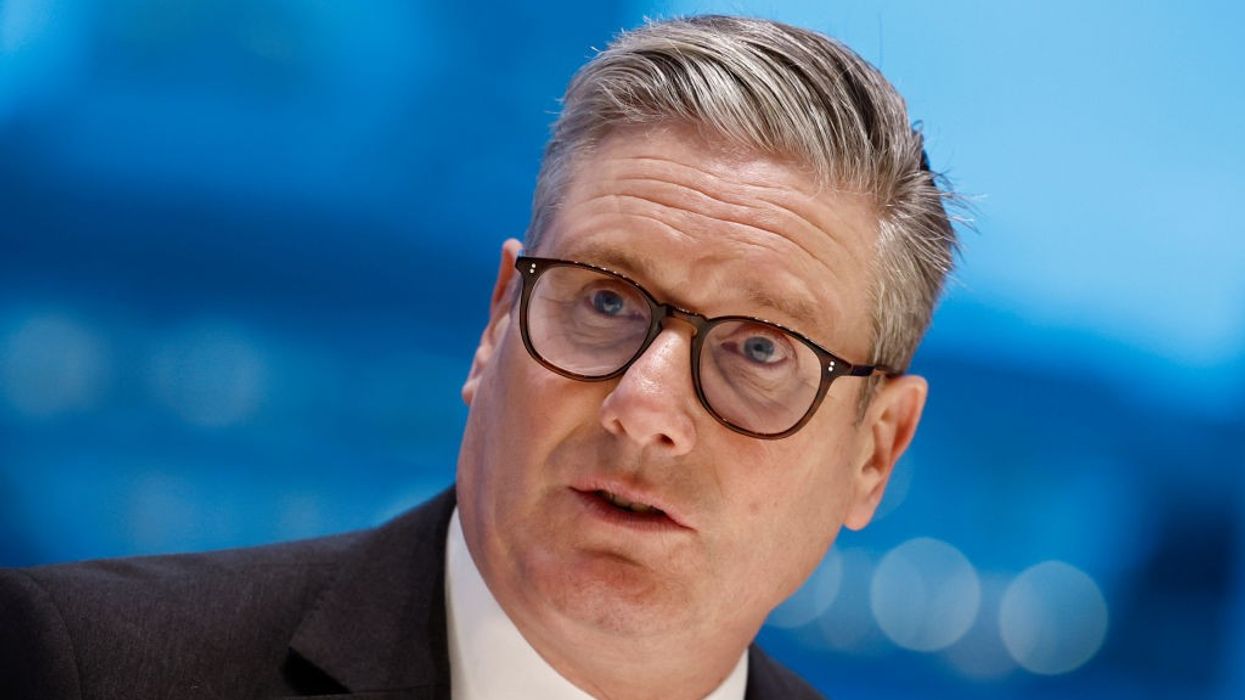THE GOVERNMENT has announced cuts to disability welfare payments, aiming to save over £5 billion by 2030. The decision comes as the country faces economic challenges, with slow growth and rising public spending.
Work and pensions secretary Liz Kendall told parliament on Tuesday that the changes were part of a "significant reform package" intended to help disabled people enter the workforce.
Labour, which has historically been criticised by the right for high spending on benefits, argues that the cuts are necessary to address a £22 billion budget shortfall it says it inherited from the previous Conservative government.
Kendall’s announcement was made ahead of chancellor Rachel Reeves’s Spring Statement on 26 March, where further spending cuts across various government departments are expected to be outlined.
Rising benefit costs
Kendall stated that UK spending on benefits had continued to rise since the pandemic, unlike in comparable countries where it had stabilised or declined.
Before the announcement, prime minister Keir Starmer said the government could not avoid making difficult decisions and that the current benefits system was not sustainable. "The government could not put off difficult decisions," he said, adding that the existing system was "not defensible in moral or economic terms."
He pointed out that one in 10 working-age people were claiming at least one type of health or disability benefit. Starmer’s spokesman also noted a significant increase in applicants citing anxiety and depression as their primary condition.
The reform focuses on reducing eligibility for the Personal Independence Payment (PIP), a benefit designed to support disabled individuals. PIP is not means-tested and is available to those in employment.
Official data released on Tuesday showed that 3.66 million people in England and Wales were receiving PIP at the end of January, a 71 per cent increase from pre-pandemic levels.
"Every day, there are more than 1,000 new PIP awards," Kendall told MPs. "That is not sustainable long term," she added.
According to the Office for Budget Responsibility (OBR), spending on health and disability benefits for working-age adults is projected to rise from £48.5 billion in 2023/24 to £75.7 billion in 2029/30.
The OBR also reported that the UK spent £296.3 billion on welfare in 2023/24, with almost half allocated to pensions.
This spending accounted for nearly 11 per cent of the UK’s gross domestic product (GDP).
Reactions to the cuts
Labour MP Clive Lewis criticised the government’s approach to disability benefits, calling it contradictory.
"On the one hand, it's trying to fix our broken welfare system and at the same time save money. This is not possible," Lewis told AFP before Kendall’s statement. "And it is doubly impossible if we are to adhere to the Labour values people elected this government to pursue."
The announcement comes as the government recently committed to increased defence spending, adding further pressure on public finances.
Meanwhile, official data released last week showed that the UK economy unexpectedly contracted in January, raising concerns ahead of the upcoming Spring Statement.
Global economic uncertainty, including the impact of tariffs imposed by former US president Donald Trump, has also contributed to financial pressures.
(With inputs from AFP)




